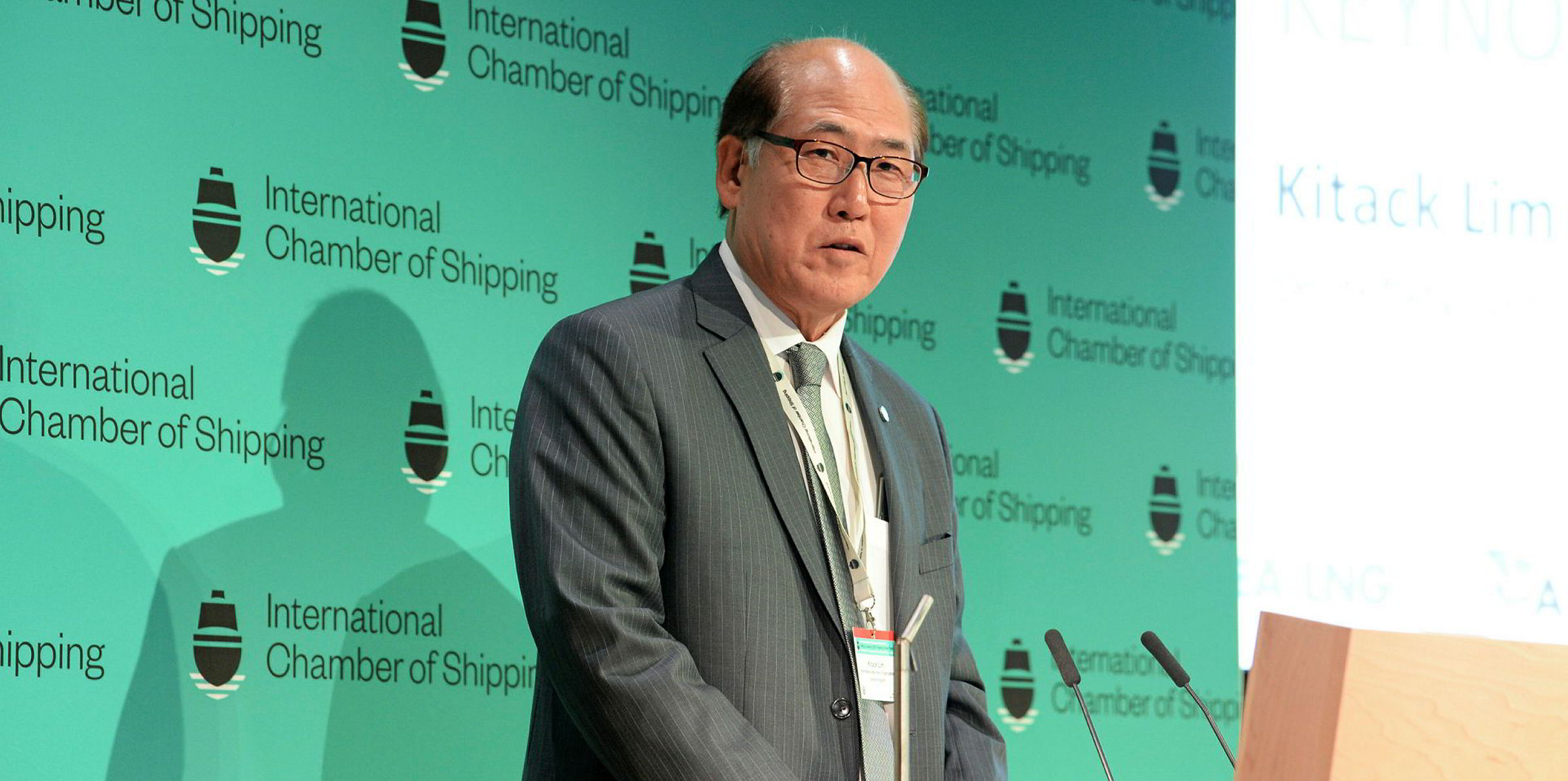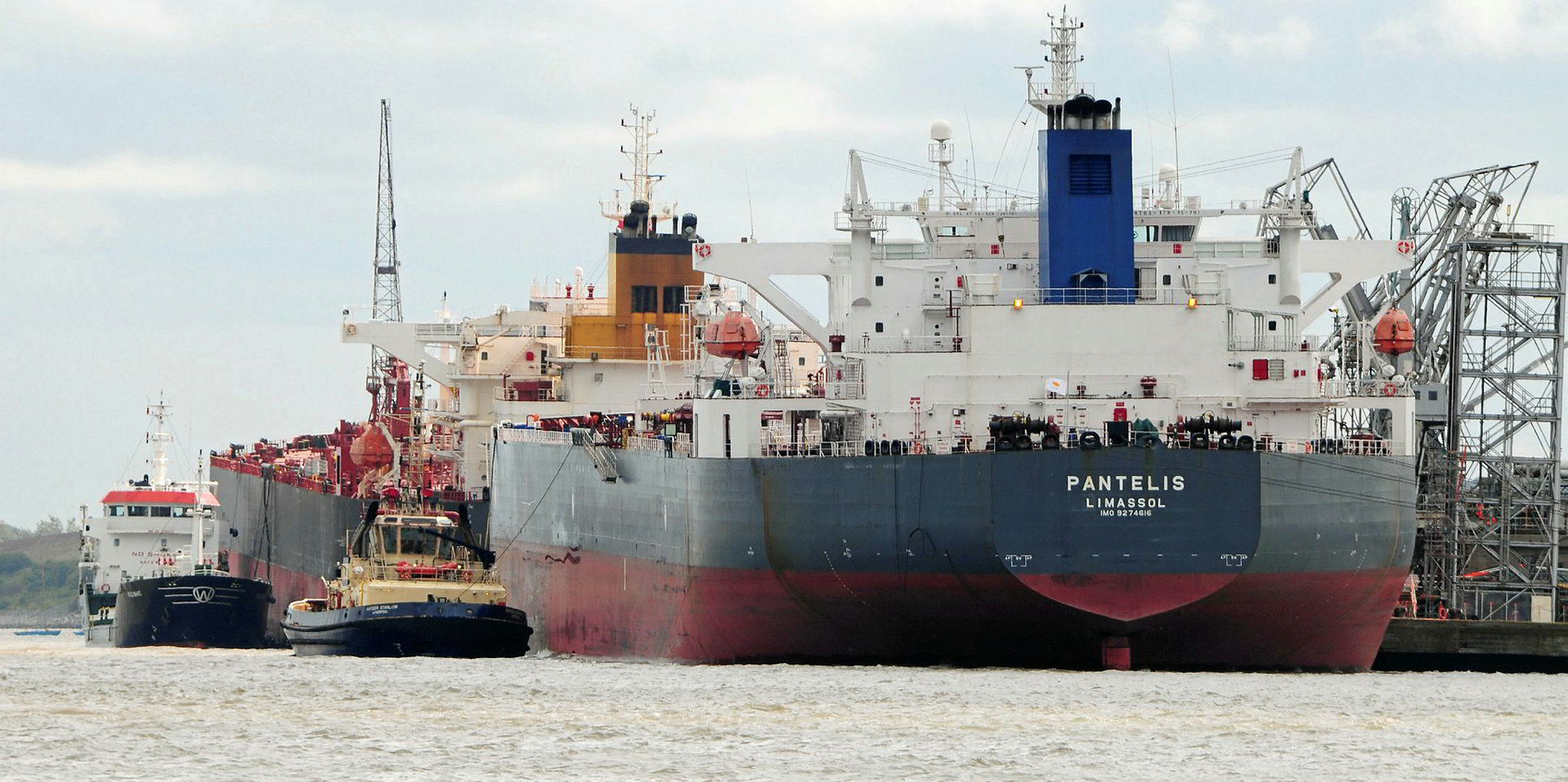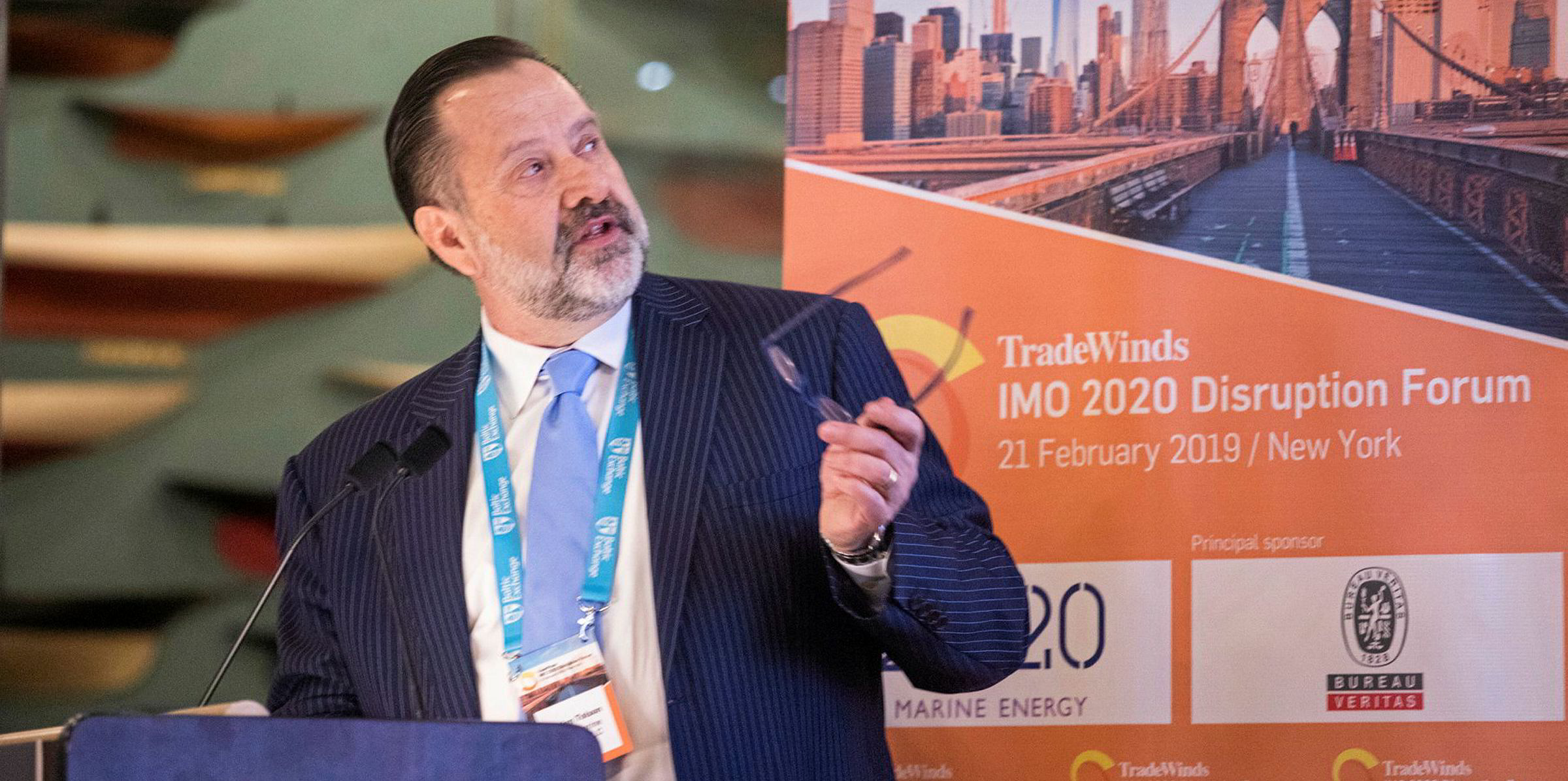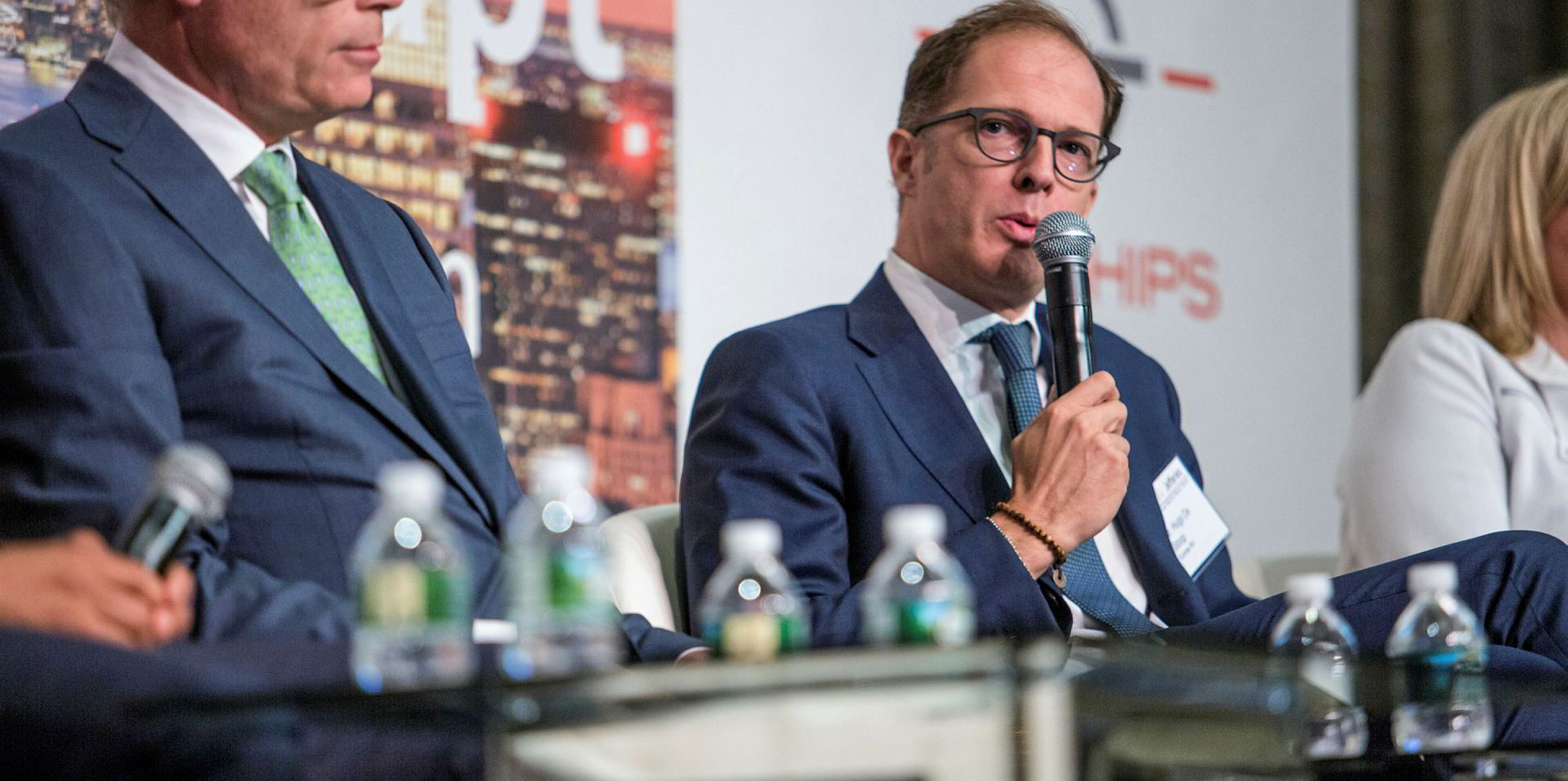IMO 2020 implementation has been "relatively smooth", according to the UN-backed body behind it.
In a statement Tuesday, the IMO said prices for the new, low-sulphur fuels have stabilised and 10 cases of compliant fuel being unavailable had been reported in the first 20 days of the new year.
"I believe it is testimony to the diligence and dedication of the IMO, its member states, the shipping industry, the fuel-supply industry and other relevant industries that such a major rule change is being implemented successfully without significant disruption to maritime transport and those that depend on it," IMO secretary general Kitack Lim said.
The new regulations kicked in on 1 January, forcing ships to either burn fuel with 0.5%-sulphur content or have a scrubber installed to cut the sulphur emissions from traditional bunker fuel.
Mixed results
The IMO statement comes amid mixed news on the sulphur emissions cap.
The rules have helped crude tanker rates to more than double year on year across asset classes, but bulkers have suffered with shipowners attempting to avoid long voyages due to the spread between compliant and non-compliant fuel.
Meanwhile, maritime security consultancy Gray Page last week cited reports out of India that there was "virtually no supply of low-sulphur fuel oil" and that the country's coastwise trade could stop if supplies run out.
Further, maritime attorneys have warned TradeWinds that legal disputes over IMO 2020 are still a dilemma for the industry, as is enforcement.
High-sulphur fuel availability could become an issue as well, with smaller ports potentially not holding enough supplies due to low demand.
As it stands, the fuel spread remains between $239 and $277.50, according to data from Poten, making the payback period for scrubbers a matter of months.
In the statement, Lim said the next IMO 2020-related milestone will be reached on 1 March, when carrying non-compliant is banned, if scrubbers and not installed on the vessel.
From there, the IMO hopes to cut CO2 emissions by 40% by 2030 and reduce total greenhouse gas emissions by 2050.
According to a study from the University College London's University Maritime Advisory Services and the Getting to Zero Coalition, the decarbonisation push could cost the industry $1.4trn.







